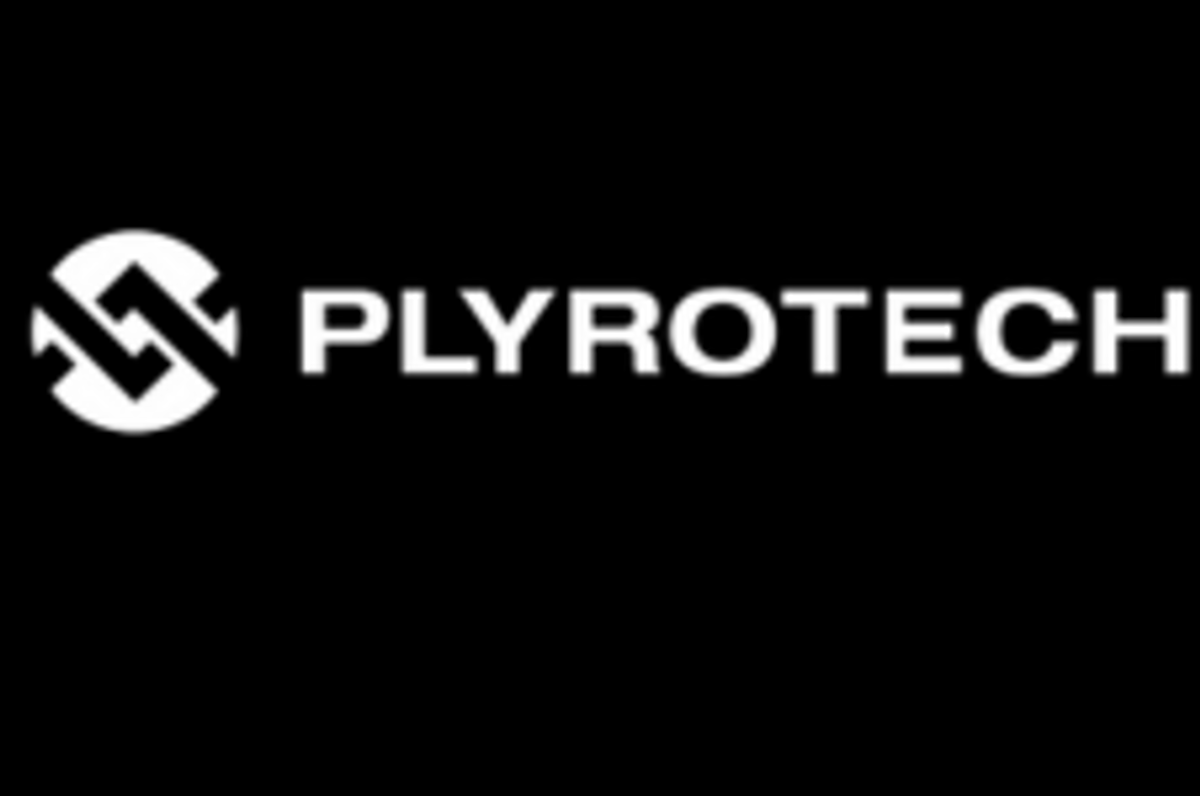
May 30, 2023
Plymouth Rock Technologies Inc. (CSE:PRT ) (OTC:PLRTF ) (Frankfurt: XA ) ( WKN#A2N8RH) (“Plymouth Rock ”, “PRT ”, or the “Company ”), announces the Company intends to issue 2,600,000 Common Shares at a deemed price of $.065 CDN per Common Share, to settle $169,000 CDN of debt due to Canaccord Genuity Corp. for advisory services. The shares issued to complete the settlement of debt will not result in a change of control. Upon completion of the issuance, the Company will have 95,597,461 Common Shares issued and outstanding.
Furthermore, the Company announces the resignation of director Dana Wheeler, and has appointed Alan Treddenick as a new director to the Board. Alan is the CEO of ATNOH Group, a Global Public Safety and Risk Consultancy. Prior to founding the company Alan spent 32 years with the Canadian Security Intelligence Service (CSIS) and the Royal Canadian Mounted Police (RCMP), involved in extensive counter terrorism HUMINT operations within Canada and abroad. Upon retiring from government service, Alan joined BlackBerry’s Government Relations division and established a team to lead BlackBerry's strategic relationships with law enforcement, intelligence, and security agencies around the globe on national security, sensitive crimin al investigations, and other regulatory issues focused on lawful access and market access concerns. Alan is a graduate of Queen's University, the RCMP Training Academy, and the Canadian Police College.
“The Company and the board would like to thank Dana for all his contributions to Plymouth Rock Technologies since launch back in 2016 and wish him much success in his new endeavours,” shared Douglas Smith, Chairman of Plymouth Rock Technologies. “We’re also excited to welcome Alan Treddenick to the Board of Directors and look forward to his expertise in moving the business forward.”
About Plymouth Rock Technologies Inc.
Plymouth Rock Technologies (PRT) is an innovative UAV drone management and operations services company that focuses in three areas for critical infrastructure and large public and private facilities. These three areas include (i) drone management and surveillance monitoring, (ii) automation and integration for flight planning, new, innovative sensor payloads, stand alone power source and (iii) drone base station infrastructure and technology for autonomous self-landing, power charging and takeoff.
ON BEHALF OF THE BOARD OF DIRECTORS
Philip Lancaster, CEO
+1 (250) 863-3038
Forward Looking Statements
Certain information set forth in this news release may contain forward-looking statements that involve substantial known and unknown risks and uncertainties. All statements other than statements of historical fact are forward-looking statements, including, without limitation, statements regarding future financial position, business strategy, use of proceeds, corporate vision, proposed acquisitions, partnerships, joint-ventures and strategic alliances and co-operations, budgets, cost and plans and objectives of or involving the Company. Such forward looking information reflects management’s current beliefs and is based on information currently available to management. Often, but not always, forward-looking statements can be identified by the use of words such as “plans”, “expects”, “is expected”, “budget”, “scheduled”, “estimates”, “forecasts”, “predicts”, “intends”, “targets”, “aims”, “anticipates” or “believes” or variations (including negative variations) of such words and phrases or may be identified by statements to the effect that certain actions “may”, “could”, “should”, “would”, “might” or “will” be taken, occur or be achieved. A number of known and unknown risks, uncertainties and other factors may cause the actual results or performance to materially differ from any future results or performance expressed or implied by the forward-looking information. These forward – looking statements are subject to numerous risks and uncertainties, certain of which are beyond the control of the Company including, but not limited to, the impact of general economic conditions, industry conditions and dependence upon regulatory approvals. Readers are cautioned that the assumptions used in the preparation of such information, although considered reasonable at the time of preparation, may prove to be imprecise and, as such, undue reliance should not be placed on forward-looking statements. The Company does not assume any obligation to update or revise its forward-looking statements, whether as a result of new information, future events, or otherwise, except as required by securities laws.
NOT FOR DISTRIBUTION TO UNITED STATES NEWS WIRE SERVICES OR FOR DISSEMINATION IN THE UNITED STATES.
PRT:CNX
The Conversation (0)
16 July 2025
Biggest Canadian Defense Contractors and ETFs
Governments and militaries around the world are beefing up their defense budgets as geopolitical and trade tensions mount. Unsurprisingly, aerospace and defense stocks are looking more attractive to investors. The aerospace and defense industry comprises covers a large array of products,... Keep Reading...
15 July 2025
Biggest US Defense Contractors and ETFs
Geopolitical tensions are rising in several regions of the world, and governments are expected to increase their defense spending in the years ahead. This has investors looking to aerospace and defense stocks.The entrenched Russia-Ukraine war, widespread conflict in the Middle East, military... Keep Reading...
28 April 2025
4 Biggest Cybersecurity ETFs for Investors
As data breaches and cyberattacks rise, cybersecurity exchange-traded funds (ETFs) are gaining traction. The term cybersecurity originated in 1989, and today is defined as the measures taken to protect a computer or computer system against unauthorized access or cyberattack threats. These... Keep Reading...
05 February 2025
ASX Cybersecurity Stocks: 5 Biggest Companies
Cybersecurity has become a global concern, and demand for technological security is increasing in tandem.In Australia, the cybersecurity market is expected to grow from an estimated AU$8.4 billion in 2025 to a projected AU$19.57 billion by 2030, a compound annual growth rate of 18.44... Keep Reading...
10 January 2025
Cybersecurity Stocks: 10 Biggest Companies
Cybercrime is a growing concern, and it’s estimated that the annual cost of fighting cyber crime will reach US$10.5 trillion by 2025. Cybersecurity companies are working to address the challenge. As investor interest in this potentially lucrative sector increases, the Investing News Network... Keep Reading...
08 January 2025
Cybersecurity Market Forecast: Top Trends for Cybersecurity in 2025
In today’s digital world, cybersecurity is not just important — it's essential.An alarming rise in cyberattacks is fueling demand for cybersecurity solutions; 2024 brought data breaches targeting large corporations such as AT&T (NYSE:T), Fidelity, Dell (NYSE:DELL) and Snowflake (NYSE:SNOW), and... Keep Reading...
Latest News
Interactive Chart
Latest Press Releases
Related News
TOP STOCKS
American Battery4.030.24
Aion Therapeutic0.10-0.01
Cybin Corp2.140.00




